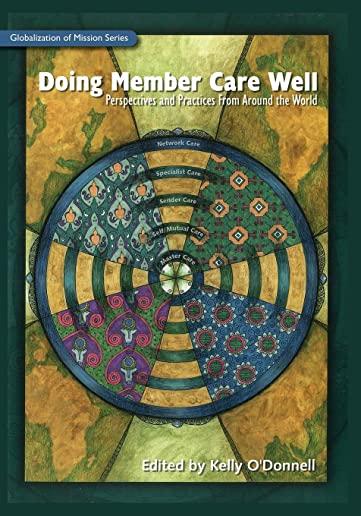
In Entangled Being, Rebecca L. Copeland asserts that sin is the most appropriate theological language for naming what has gone wrong in the world and for beginning to repair those wrongs, despite modern resistance to the use of sin-talk. She argues that Christians need a reconstructed understanding of what naming something as sin should accomplish. Traditional treatments of sin as either original (universal and congenital) or actual (individual and intentional) are not capable of addressing the individual's complicity in the unintentional, communal, and multigenerational harms caused by systemic injustices. Copeland offers the scripturally based idea of unoriginal sin to explore moral agency and responsibility in our complex, pluralistic, and interdependent world.
Expanding the doctrinal boundaries of sin-talk to encompass repentance, she argues that Christians need not only to name systemic injustices as sin but also to repent of them by taking responsibility for the harms they cause and working to repair such harms. Entangled Being addresses common concerns about sin-talk, deconstructs individualistic understandings of moral agency, and draws from the work of marginalized communities to reconstruct understandings of agency and responsibility competent to address the wicked problems we face today.







